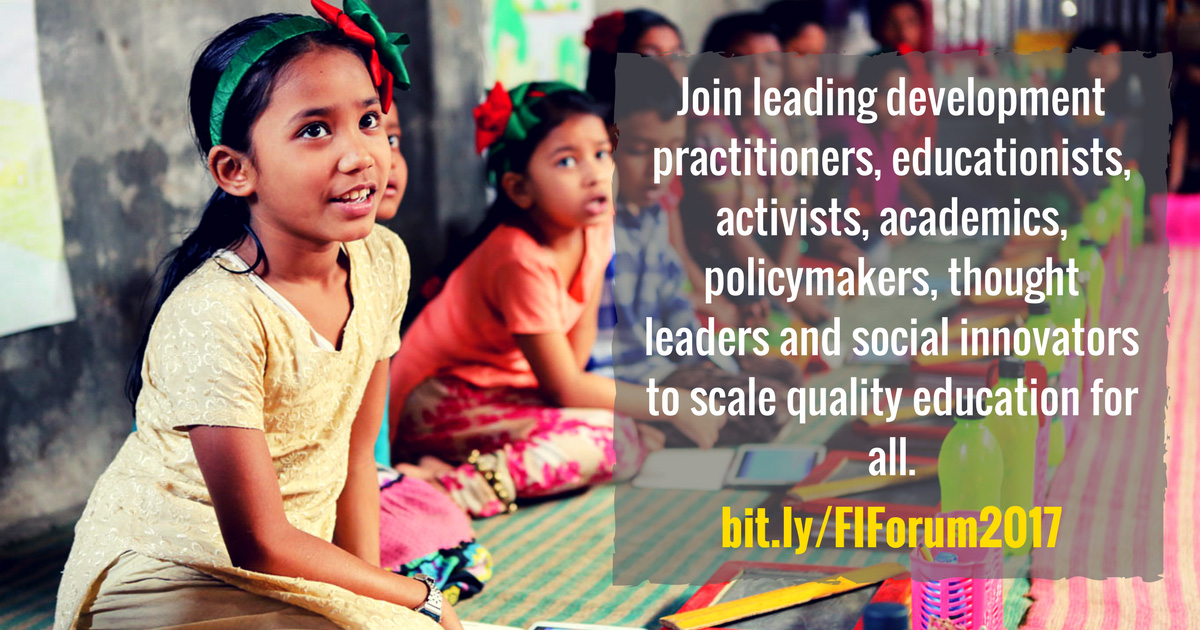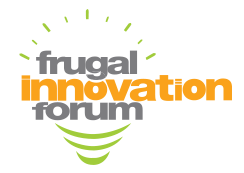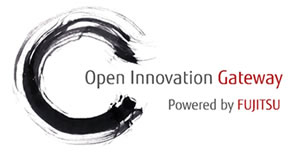How can we reimagine, reinvent, and realize education for the next generation?
In this blog, I would like to share my personal reflections based on my experience directing Fujitsu’s Open Innovation Gateway in the heart of Silicon Valley, California. My experience convinces me that what I am calling the WiseAction platform can deliver the results young people deserve. WiseAction is a set of principles to help ensure that one knows the right things to do and can execute them successfully to serve the common good.
Everyone deserves an opportunity to be part of an innovation initiative. But, in reality how many people really get such an opportunity in the world today? Even if they get an opportunity, are they doing anything wisely? If not, why not? And how can we empower the next generation to take WiseAction?
Many young people in developing nations have limited access to education. Those that do have very limited opportunities after graduation. In contrast, many in developed nations have access to quality education, but by the time they graduate, what they have learnt is often already obsoleted by the fast pace of technological and social change. So, one side of the challenge is lack of access and the other side of the challenge is lack of practical usefulness in the real world.
Take a step back. Imagine some ‘what ifs’. What if practitioners from different sectors in different nations could reimagine, reinvent, and realize a platform that empowers the next generation – no matter where the young people come from? What if practitioners around the world collaborated to help the next generation feel gifted? What if there were equal opportunities to learn-break-create and obtain practical wisdom from entrepreneurs and other practitioners? What if a platform could help the next generation connect and collaborate with others around the world easily and seamlessly? And, what if the next generation could play an active role in the platform which allows them take actions wisely? All of these elements make up what I call the WiseAction platform.
But, how can we make it happen?
First, we need to remind ourselves of some ancient wisdom: ‘sharing makes a task simpler’. To co-create the WiseAction platform we need to consider platform elements and platform enablers. We need to bundle many formerly disconnected services. We need to enhance existing services and co-create new ones. We need to engage potential partners to collectively consider the “jobs to be done” required to empower the next generation. Maintaining an open mind, sharing social capital, spreading our trust in human spirit, and practicing frugal innovation for doing better with less will be critical to co-creating the platform.
Among the platform elements, we need to include existing approaches and technologies. We need to co-create disruptive processes and technologies – something we can only do with partners, lots of them. Partnerships will be critical to get the platform growing organically and wisely. Many partners (particularly young people) need to be invited to scale the platform.
Again, an open mind and a frugal innovation approach can power incredible change. Technologies might include (but certainly not be limited to) Blockchain, AI / IA, mobile, and more.
The platform enablers (champions, owners, sponsors) need to support communication and collaboration among young people in both developed and developing nations. By doing so, the WiseAction platform can also help leapfrog development – faster, wiser.
So, what do we need to do?
As a stepping stone towards the WiseAction platform to empower the next generation, we need to discover, define, refine, and scale the platform utilizing a ‘search and execute’ approach. As a part of the shared discovery process, we should revisit the wisdom of others in the relevant area – education.
According to Rudolf Steiner, education has to focus on developing social impulses more deeply. Sir Ken Robinson emphasizes that education needs to be designed to expand the consciousness of people, not to limit it. Clay Christensen of Harvard Business School helped us understanding the importance of living life with integrity. The Japanese concept of Ikigai taught us the importance of having purpose in our lives. Simon Sinek’s insights on “start with why” guided us to ask the fundamental questions in everything. Lynda Gratton emphasized that some people just glow. They radiate enthusiasm, positive energy and inspiration in their own work, and they excite and ignite others. Tom and David Kelly of IDEO introduced the importance of finding ways to unleash the creative potential within all of us. Henry
Chesbrough’s insights on open innovation helped us understand the importance of having an open mind in everything. Navi Radjou’s insights on Frugal Innovation – doing better with less – has helped us create more value using limited resources. Steve Blank’s insights on the power of “search and execute” in lean management, and Andrea Kates’ big idea of “nail it before you scale it” are helping us a lot in everything we do in practice. Ikujiro Nonaka’s insights on the importance of the tacit dimension of knowledge and wise leadership helped me become interested in developing a deeper understanding of ‘learn-break-create’. Richard Smith helped me find the critical roles of champions of collaboration in ‘learn-break-create’ which I find relevant to everything we are doing. Yuval Noah Harari reminded us that we are all members of a single rowdy global civilization. And, according to Marshall McLuhan, our age of anxiety is, in great part, the result of trying to do today’s job with yesterday’ tools and yesterday’s concepts.
All these insights are potentially helpful in articulating the WiseAction platform for the next generation.
If we carefully look into innovative individuals, organizations, and even nations anywhere in the world, we may find some common characteristics. Two of them really stand out. One is ‘learn-break-create’ and the other one is ‘practical wisdom’ for entrepreneurship. I encountered the notion of ‘learn-break-create’ when I was working with Professor Ikujiro Nonaka as a JSPS post-doctoral fellow in Japan. The origin of the notion is known as shu (learn) – ha (break) – ri (create) in Japanese. Look into the key drivers of innovation in Japan at any level – individual, organizational, national, and you will find the notion of ‘learn- break-create’ has been practiced for centuries. I have directly experienced it while practicing Kendo (a Japanese martial art) for several years and in business practices while working with Japanese organizations for more than 26 years in Japan, Canada, UK, and US.
Education is not merely memorizing some information for better scores on exams. Education should not result solely in learning. In my observation and direct global experience, I see education as a process that includes ‘learn-break-create’. I believe education can help people consciously apply wise judgement across everything they do in their lives. Such wise judgement can enable people to live wisely with higher purpose, make brave and bold moves, do better with less, and create a better world with an open mind through collaboration. Such interconnected processes can help people, organizations, and nations not only survive but thrive.
Let’s look at the likely impacts of the WiseAction platform.
If we can collectively reimagine, reinvent, and realize the WiseAction platform to empower the next generation, the impact could be huge – globally. Young people – who are phygital (physical and digital) natives would get an opportunity to consciously ‘learn-break-create’ and become WiseIndividuals. They would be able to contribute to organizations as well as nations to create WiseOrganizations and WiseNations around the world. I am confident that the WiseAction platform will help co-create infinite possibilities for the next generation around the world.
Now, let’s explore who should do what to make it happen?
The WiseAction platform requires enthusiastic champions, genuine initiative owners, and generous sponsors working together globally.
Here are some ideas on the roles.
Role of NPOs / NGOs: Act as the champions of collaboration as well as initiative owners in the WiseAction platform to empower the next generation.
Role of Philanthropists: Sponsor the champions and initiative owners with funding and in- kind support to make things happen with long term view.
Role of Government: Support champions, initiative owners and sponsors to help complete their “jobs to be done” faster, better, cheaper.
Role of the Private Sector: Share practical wisdom from entrepreneurship / intrapreneurship and empower the next generation to gain the tacit dimension of knowledge required to realize their dreams.
Role of Educational Institutions: Help learners with their learning journey. Educational institutions need to go beyond a mere focus on educating people with the required knowledge and skillsets. They need to inspire the entire next generation to challenge the status quo with open minds – with entrepreneurial as well as intrapreneurial spirits. They need to educate the next generation to start with “nested why” questions and, only then, ask how, what, and who. They need to help the next generation to understand the importance of having and sharing both social capital and open minds. They need to revisit their curriculums to educate the next generation to do things differently and wisely.
In my view, BRAC has the great opportunity to play a significant role in orchestrating and leading the WiseAction platform by connecting the myriad dots, leveraging the platform elements (BRAC University, BRAC Bank, BRAC Social Innovation Lab, etc.) and relationships around the world as platform enablers. BRAC can also harness the ecosystem in Silicon Valley and beyond. With BRAC’s leadership, I believe that we can co-create the WiseAction platform that will empower the next generation to make the bold changes needed to create a better world.
 |
Mohi U. Ahmed Open Innovation Gateway, Fujitsu, Silicon Valley, California |



